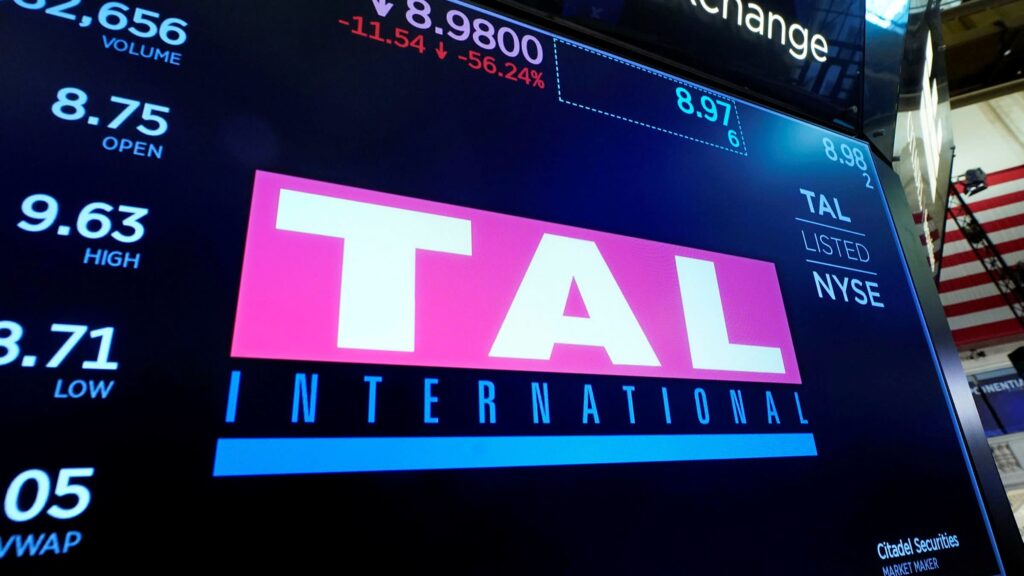China tech: blacklist could hurt homegrown start-ups most


China may soon severely restrict how local start-ups raise funds from foreign investors. For Beijing sanctions would offer a way to enforce its strict capital controls and protect sensitive data of local companies. While US investors will miss out, China’s own tech industry could end up suffering the most.
A blacklist is planned to target new companies in sensitive sectors that use so-called variable interest entities to structure their China businesses. This popular legal structure gets around foreign ownership restrictions. More than a third of US-listed mainland companies use VIEs. Restrictions would probably hit China’s data-intensive sectors or those causing national security concerns.
If meant as retaliation against US restrictions on Chinese investment in Silicon Valley start-ups, the blacklist would certainly land a blow on US investors. Chinese tech companies have been a source of lucrative returns for years.
They have had fair warning. After a year’s worth of crackdowns by Beijing and US delisting threats, foreign venture capital poured more — about $24bn in the third quarter — into backing Chinese start-ups. Total investment this year is significantly more than last year. Any restrictions on VIEs must affect VC exit strategies.
Any existing companies using a VIE structure are expected to gain exemptions. However, just five months ago, Beijing rolled out new regulations banning after-school tutoring companies from using VIEs without warning. Since then, a number of US-listed China education companies have collapsed. Shares of Tal Education have fallen 93 per cent this year.
The timing is unfortunate. Beijing has aggressively pushed for self-sufficiency in big data. The government hopes to achieve this by tripling the revenues of the local industry to Rmb3tn ($471bn) in the next four years. Most mainland big data and artificial intelligence companies are private, early stage companies which could use plenty of funding from international investors.
Larger companies also benefit from listing in the larger, overseas stock markets. Recent Chinese tech listing flops in Hong Kong mean the city may not offer an attractive option. Artificial intelligence firm SenseTime has decided to shrink the maximum size of its planned listing, to $767m, down from initial plans of raising at least $1bn.
Government spending would have to increase by many times to support development of this sector without foreign boosters. Depending on how extensive the impending blacklist is, Beijing could stunt its own technological growth in the long run.
The Lex team is interested in hearing more from readers. Please tell us what you think about investing Chinese mainland companies in the comments section below